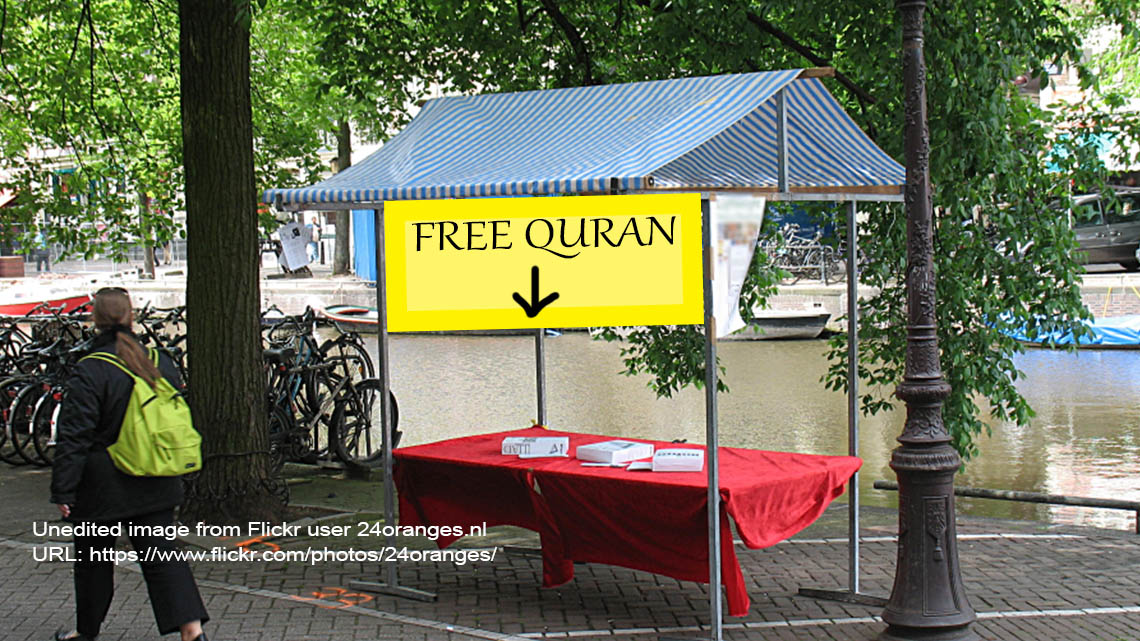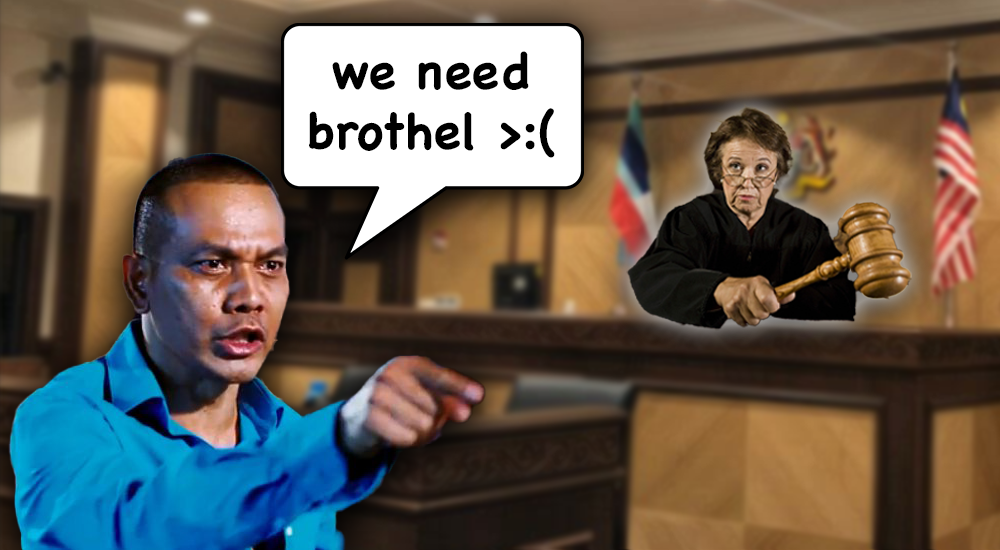What you need to know before homeschooling your kids in Malaysia
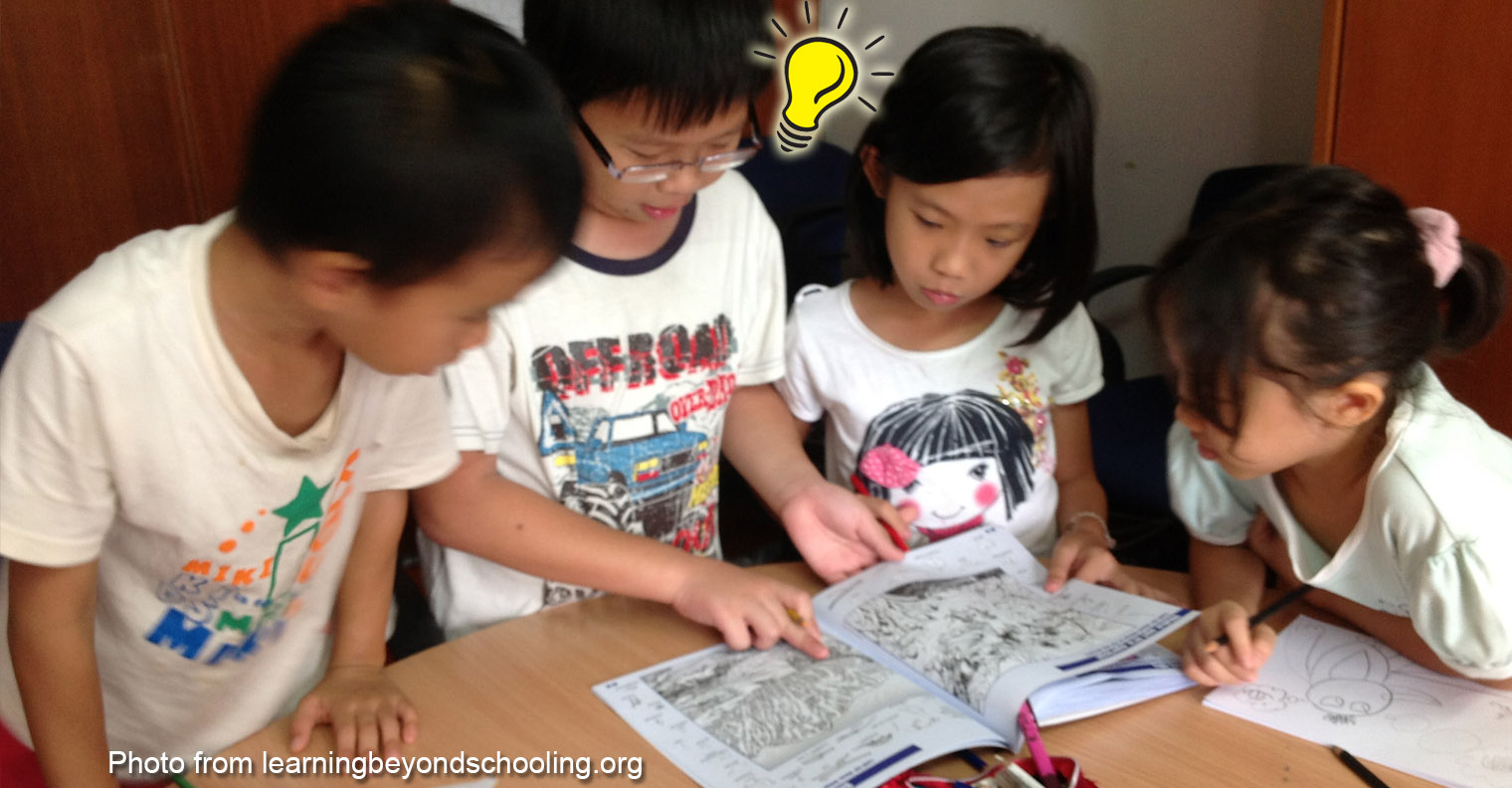
- 3.4KShares
- Facebook2.9K
- Twitter45
- LinkedIn44
- Email102
- WhatsApp351
Over the years, Malaysian parents are finding more and more disappointments in our local education system, and with social media platforms at our fingertips, we realized the system leaves a lot to be desired. Between using an English/BM syllabus and discrepancies in Sejarah, our system seems broken. And so, it’s only natural that they end up seeking out better options.
Chinese-medium public schools are becoming a popular choice, even for our fellow non-Chinese friends, primarily because an extra language is a bonus, and who doesn’t wanna be good at Maths? (#stereotype) But at the same time, they receive a fair share of flak for being unreasonably rigid and their infamous use of the rotan.
Next thought? International or private schools lor, there are so many in Malaysia today! But we all know that they’re pretty freakin’ expensive.
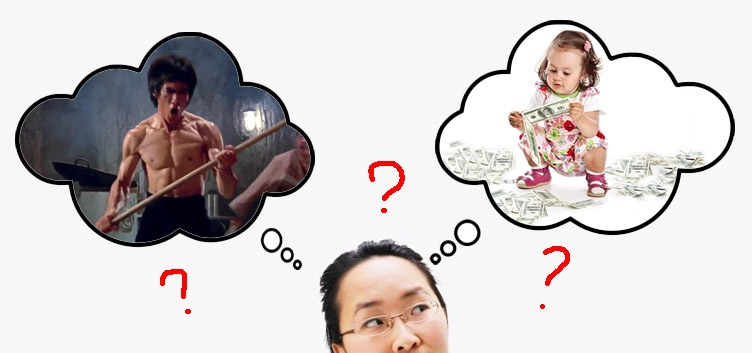
So how now brown cow? With all these heartaches and headaches, it is no wonder why parents are taking things into their own hands. There is a growing trend in today’s parenting world to home school their kids, and Malaysians are hot on its trail: Homeschooling.
“Har?! Isn’t there a law for kids to be IN SCHOOL?”
Primary school education has since became compulsory in 2003 with an amendment to the Education Act 1996, which was passed in late 2002. But it is interesting to note that there are more and more parents going on the homeschooling or private schooling route (refer to link, page 169). Although formal statistics are not readily available, but as of 2012, an estimation of almost 10,000 Malaysian children were homeschooled.
By right, parents who want to home-school their children are required to apply for permit with the MOE, but because it is almost impossible to actually get one from the ministry, homeschooling parents generally would opt to go under the radar and just go ahead and remove their child from the public schools system. Parents are convinced that they are indeed keeping with the spirit of the law by providing a favourable environment and education for their children to reach their best potential.
Now before you gasp in panic because we know, you are a law abiding, responsible adult and being imprisoned is the last thing you want to check off in your bucket list. Here’s the thing, the ministry is very much aware of the growing homeschooling phenomenon. And in fact, homeschoolers are actively participating in forums organized by the MOE where they have been recognized. And if it makes you feel any better, to date, no homeschoolers have been put in jail. Yet.
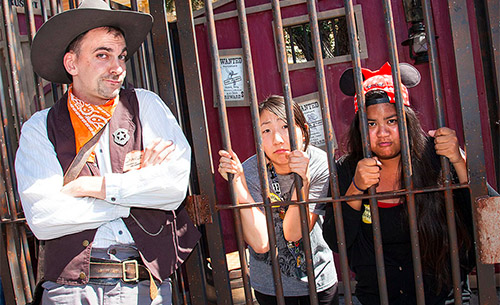
Charmain Sim, a product of homeschooling back in between the years 2000-2007, who is now a writer and editor at Asian Beacon, has this to share:
“At the point when my parents removed us from school, it was legal. The law states it is compulsory for a child to be schooled until Standard 6. But it doesn’t state that education can only come from the public school system.
My parents did their homework before taking us out. They called up the Ministry of Education to be sure that it was legal, who then asked what syllabus we would be doing. When my parents replied that it would be American, they responded that it was fine.
So as long as my parents were able to prove that we were receiving proper education at home and that it wasn’t the Malaysian syllabus, it was acceptable.”
And here’s an excerpt from the Homeschool Legal Defense Association to further ease your nerves:
Homeschooling is legal (in Malaysia). Although the Education Act of 1996 (Act 550) made primary education compulsory, several homeschool parents met with the Minister of Education to clarify the effect on homeschoolers. The Minister stated that fines for not sending children to school only apply to parents or guardians who neither send their children to school nor educate them in any way at home.
However, homeschoolers must apply for school exemption from the Ministry of Education, and stringent regulations have developed that often prevent families from obtaining official approval.
Confident yet? Now let’s get into the different types of homeschooling settings.
There are 3 types of homeschooling settings:
1. Parents are the teachers.
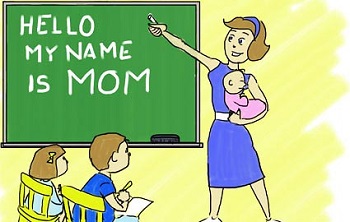
In the past, the rich had been engaging private tutors to teach their children at home. Institutionalized schools only came to be in the 1900s. Fast forward to today, homeschooling simply means kids stay at home in their comfiest pj’s instead and follow a flexible time table set by their private tutors, i.e mom or dad, learning fun things and skills applicable in real life.
But… what if you suck at science but your son is all about dissecting a frog and learning its anatomy? Read on.
2. Families come together to teach each other.
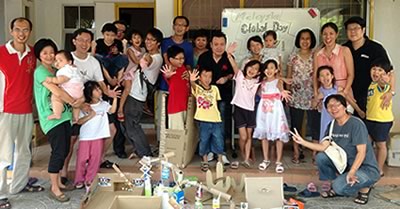
This is where the home-school network comes in handy. When you get connected to a homeschooling support group, the families can tap into each other’s skills and forte – Mr. Ong teaches biology while Mrs. Malar conducts a roti canai making class, the Farhans lead an excursion into the jungle to learn about the ecosystem while the Chongs organize a sports event.
What we like about this whole arrangement is the amazing multi-layer, multi-cultural mix, and that alone debunks the myth about how homeschoolers would turn out to be socially awkward!
But what if you don’t have the time or capability for any of these?
3. There are learning centres too!
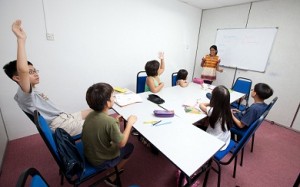
This is where learning centers, or fondly known as the home-school centers (like this) come into the modern homeschooling picture. In essence, a home-school center is very much like a school, except it is not a mainstream school per se. The syllabus and activities again, varies from one center to another and that goes back to the parent’s criteria in choosing a learning center, i.e budget, preferred syllabus, learning style, etc.
Students don’t need to stick to SPM
Regardless of whichever setting is chosen, homeschoolers can choose from various syllabuses to learn from. The best part about being in the 21st century, is that technology has made it so much easier. From syllabus to teaching aids and materials, home-school networks and support groups, a quick search online will direct you to an endless supply of educational resources.

This also means, parents need to do their part by researching the best learning style and syllabus for their own children before diving head first into it. Every child is unique, so you can’t just pick a learning method that works for another child and apply it blindly on your own kid.
According to local homeschooling expert, David Tan, parents are spoilt for choice where curricula is concerned. While public schoolchildren have the UPSR, PTS2 and SPM, homeschoolers have the option of settling for alternatives. The GSCE ‘O’ Levels or SAT (Scholastic Aptitude Test) are by far the favoured route. From thereon, the students get to move on to their tertiary education.
“A borderless world allows homeschoolers to bypass the local system and settle for alternative tertiary education and professional courses without losing out.” – David Tan, local homeschooling expert in his blog
And if you’ve noticed that most homeschoolers identify themselves to Christianity, that observation wouldn’t be wrong too. “Christian homeschoolers have the most options, but as homeschool becomes more and more acceptable, choices have increased across the board,” David writes. But there are also different syllabuses for Muslims and Buddhists which parents can check out here.
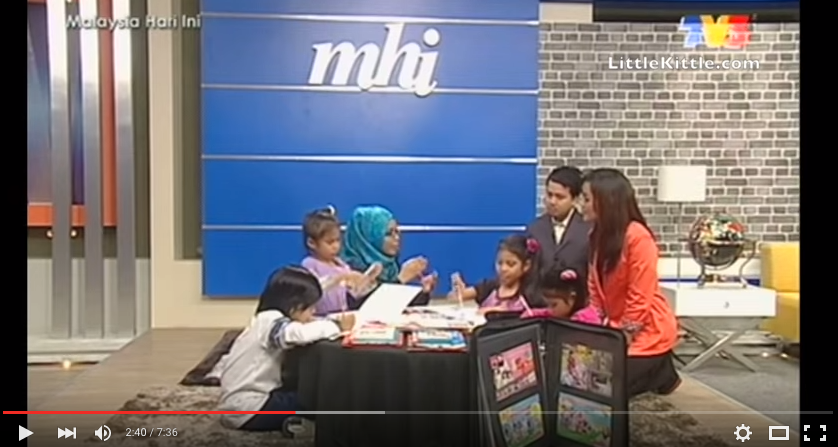
“So is home-schooling for me (I mean, my kid!)???”
At the end of the day, to each his own. There is definitely no right or wrong decisions when it comes to schooling your children, but making informed decisions is however, the vital key to a fulfilled and wholesome education experience for your child.
While it is good to know that home-schooling actually offers a whole new world of possibilities and opportunities to those who are ready, public schools are not bad to begin with. There are dedicated teachers who’d tirelessly give their lives to build our future generation, and public school students have made the country proud over and over again.
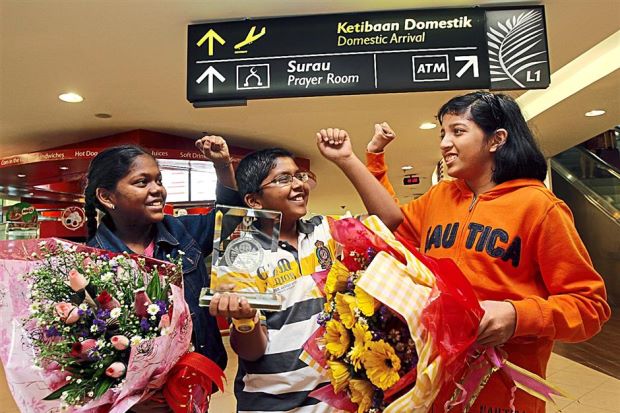
So really, there’s no reason to beat yourself up over which is the best school or the best system. The best education system is when your child comes home happy, is driven, and naturally grows into a well adjusted adult, useful for the society. And that, is when the education path you chose, worked.

- 12 WAYS SEKOLAH KEBANGSAAN KIDS ROCK
- 7 THINGS WE WISH WE HAD LEARNED IN MALAYSIAN SCHOOLS
- IS MALAYSIA READY TO GET RID OF CHINESE AND TAMIL SCHOOLS?
- 3.4KShares
- Facebook2.9K
- Twitter45
- LinkedIn44
- Email102
- WhatsApp351

